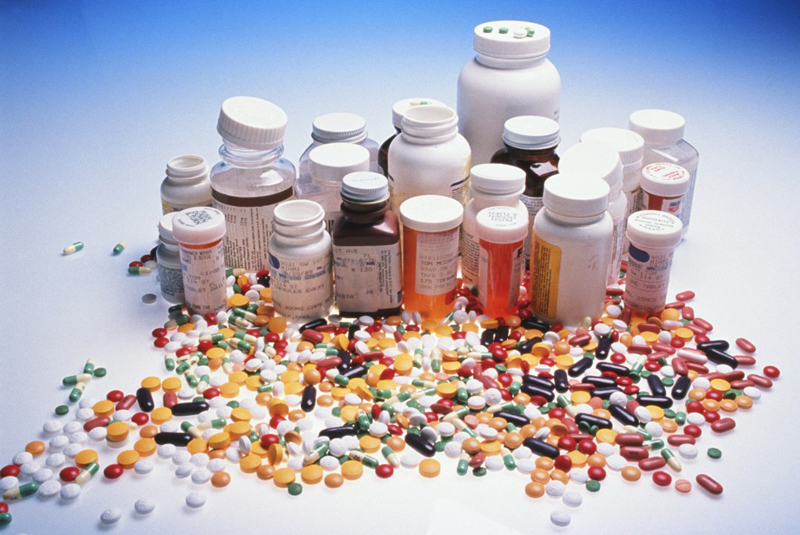As the Smoke Clears, Philip Morris Ruling Questioned
Submitted by Diane Farsetta on
On December 15, the Illinois Supreme Court threw out a $10.1 billion verdict against Philip Morris and its parent company, Altria Group, saying they did not mislead consumers when advertising "light" cigarettes.

 "Many of the articles that appear in scientific journals under the byline of prominent academics are actually written by ghostwriters in the pay of drug companies." Used by doctors "to guide their care of patients," these "seemingly objective articles ... are often part of a marketing campaign." The New England Journal of Medicine recently revealed that a 2000 article on Vioxx "omitted information about heart attacks among patients taking the drug.
"Many of the articles that appear in scientific journals under the byline of prominent academics are actually written by ghostwriters in the pay of drug companies." Used by doctors "to guide their care of patients," these "seemingly objective articles ... are often part of a marketing campaign." The New England Journal of Medicine recently revealed that a 2000 article on Vioxx "omitted information about heart attacks among patients taking the drug.